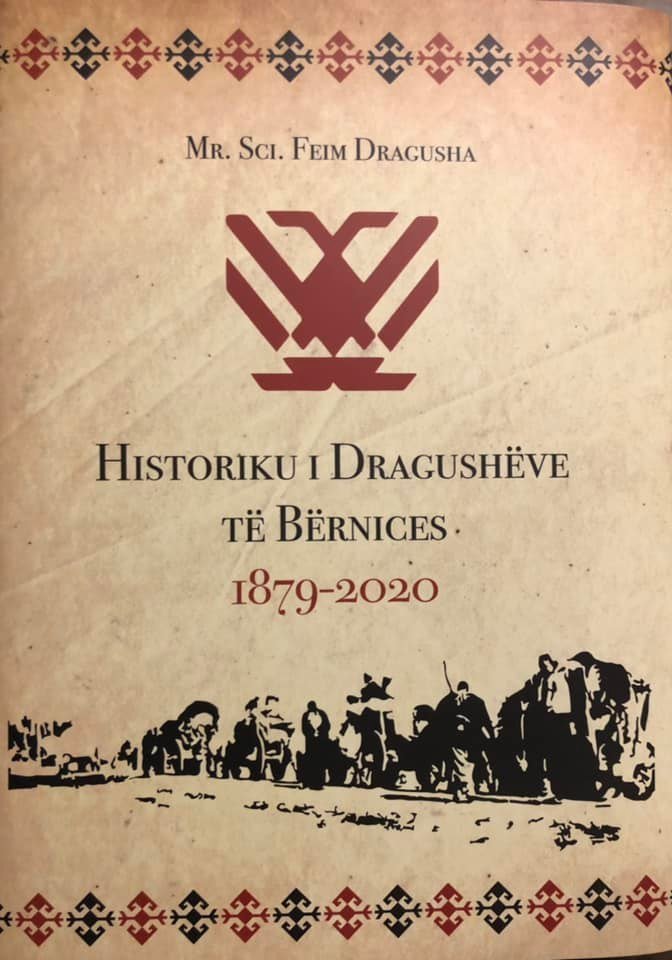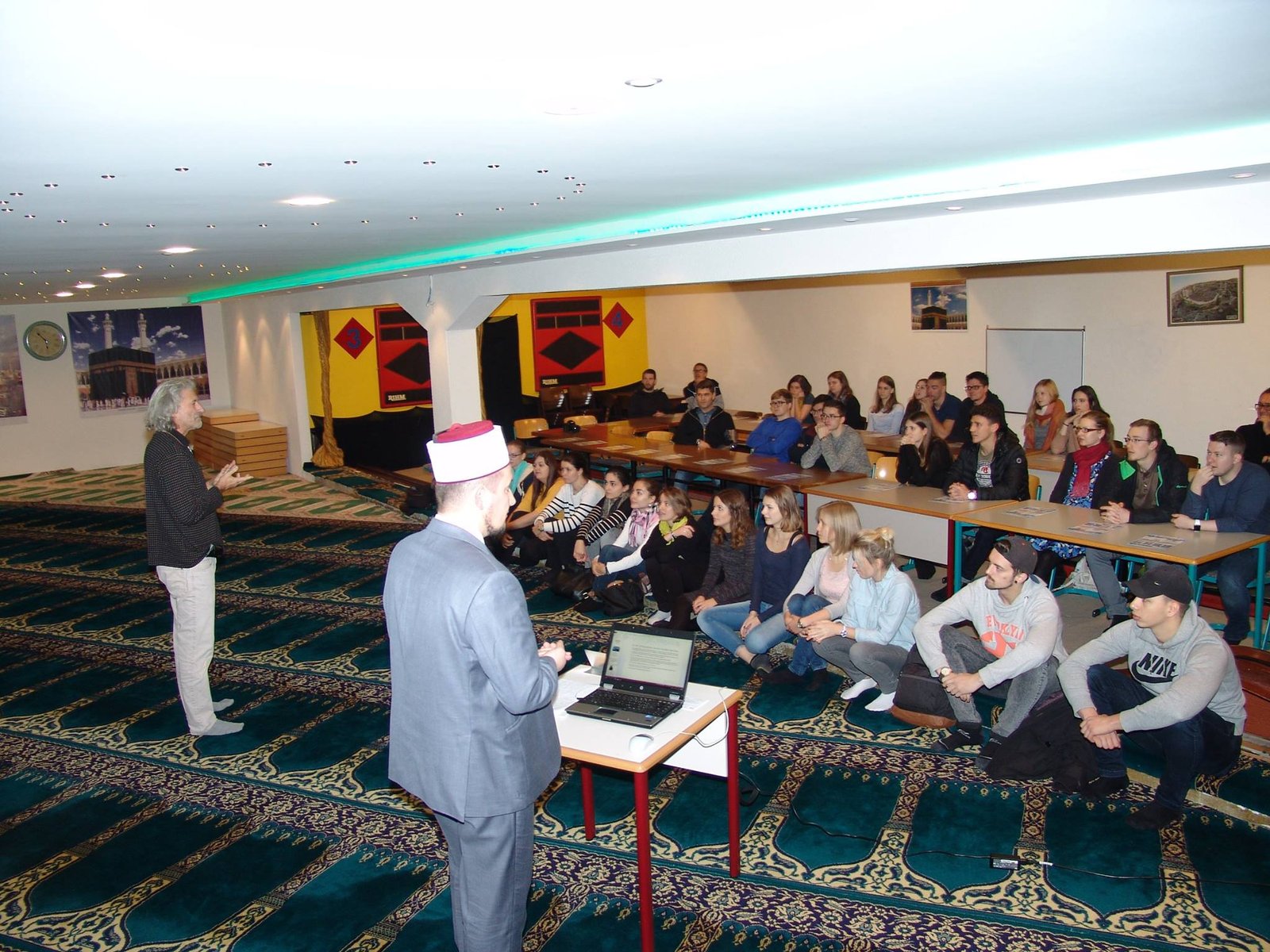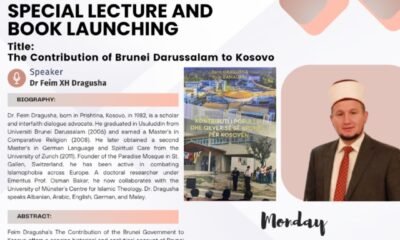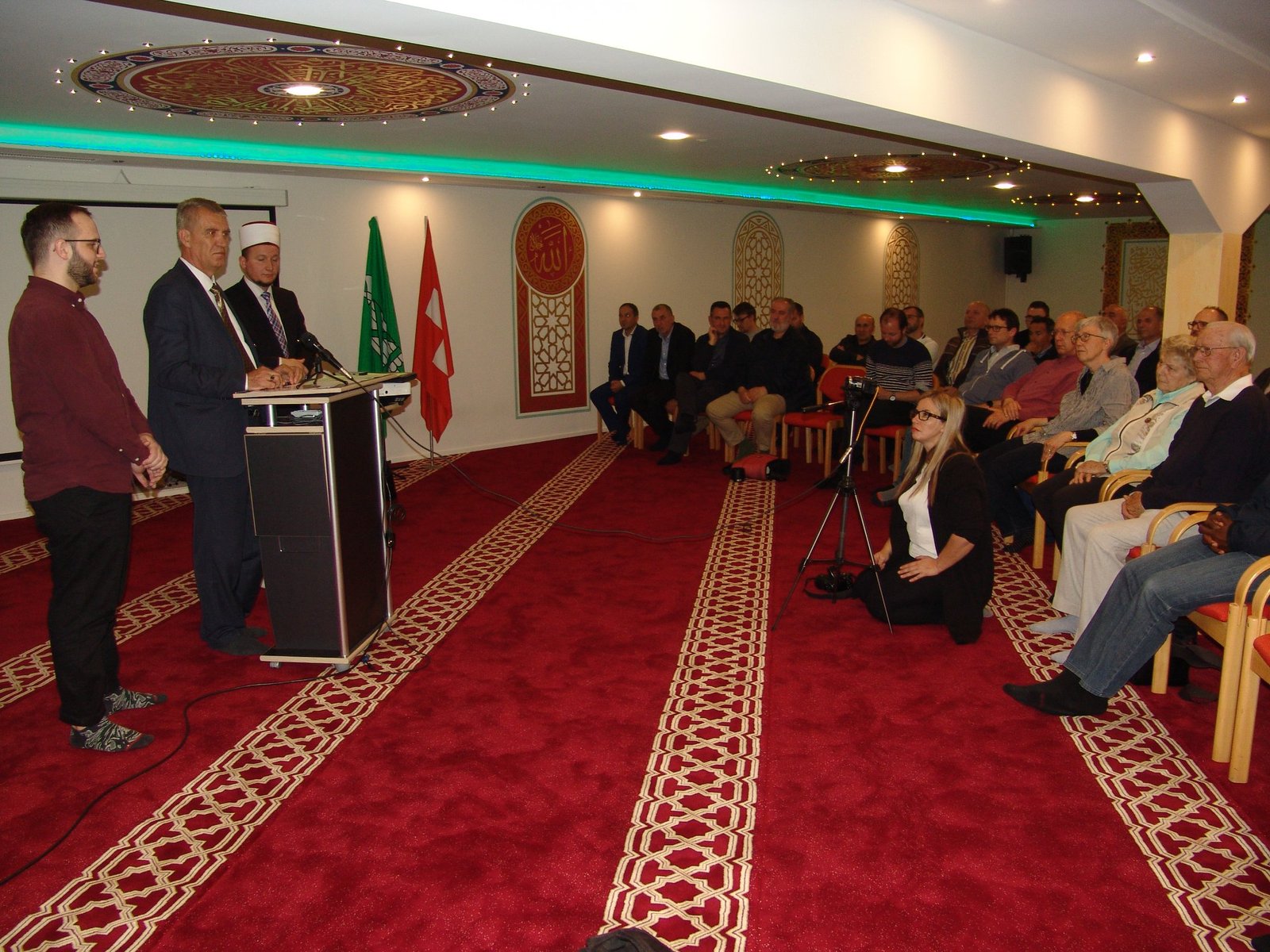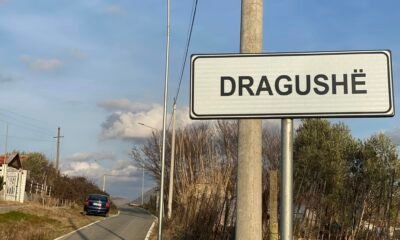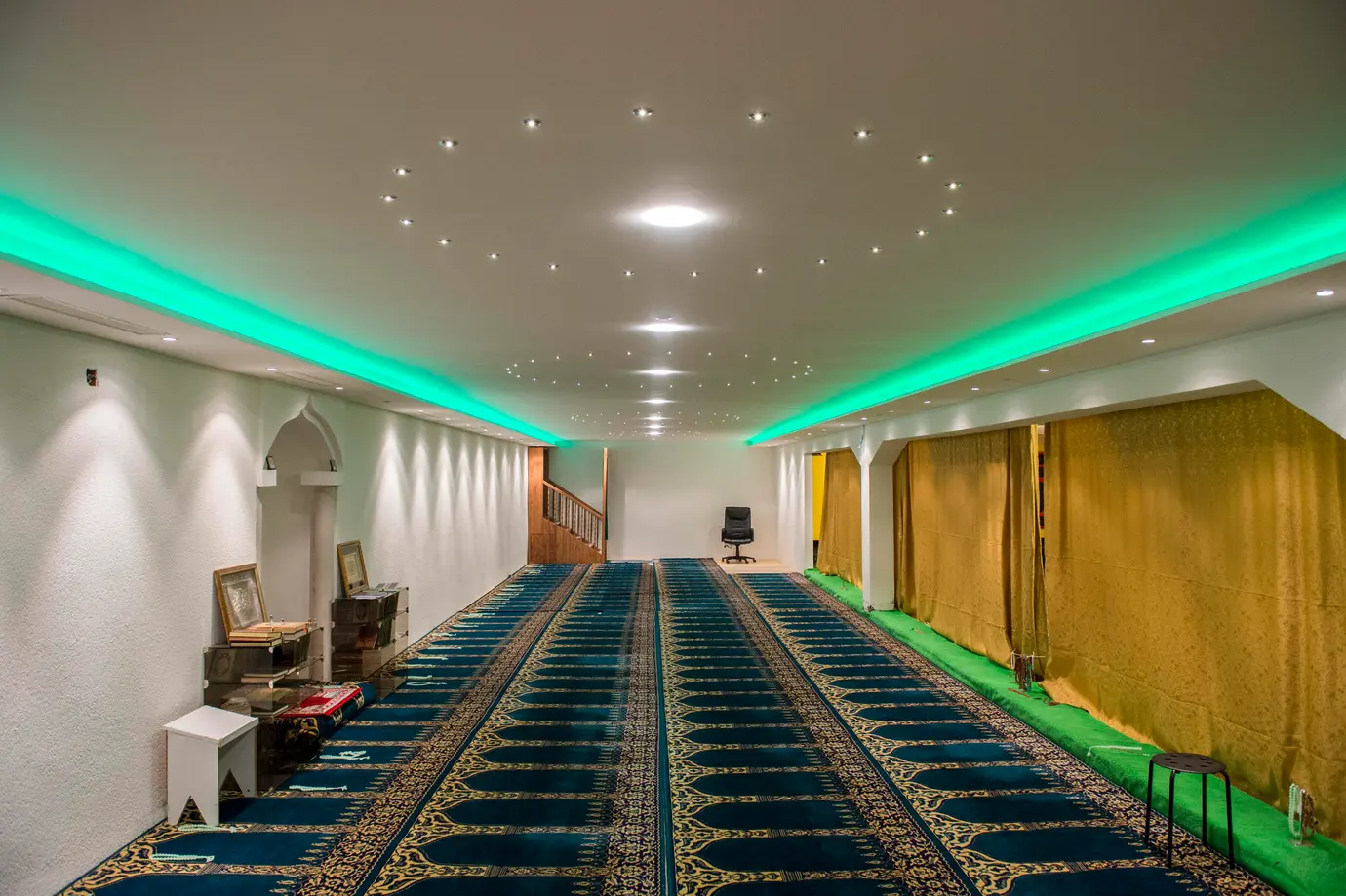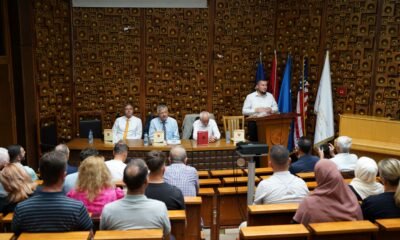English
PERFORMING MY FRIDAY PRAYERS AT THE TURKISH MOSQUE IN THE CITY OF MÜNSTER-GERMANY
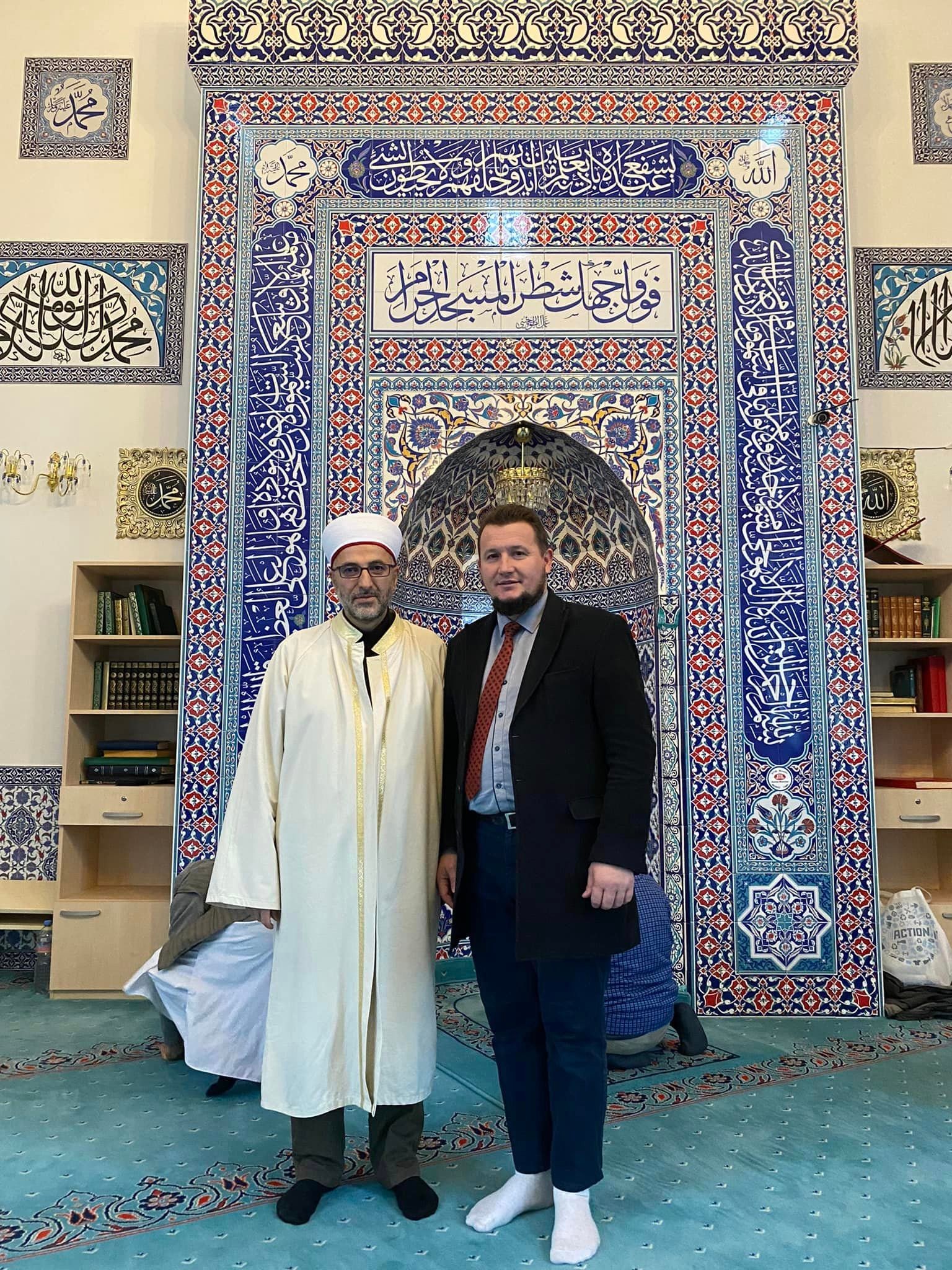
✍️ Feim Xhafer DRAGUSHA
MÜNSTER THE CITY OF 8 UNIVERSITIES
MÜNSTER THE CITY OF 55.000 STUDENTS
MÜNSTER THE CITY OF 9 MOSQUES

Friday was a very busy day for me. My aim was to visit the Center for Islamic Theology and the Library as well which is full of Islamic books including old and recent published books. In the city of Münster there are around 9 Mosques where Muslims from different parts of the world perform their daily prayers. In the majority of the Mosques (Mesajid) and prayer rooms the Imams deliver the khutbah in german language, which is something new in the recent years.
The city is very beautiful and old as well. According to the historians Münster officially came into existence in 793 when Frisian missionary Liudger founded the so called Monasterium. Münster remains an active centre of the Roman-Catholic church.
Two events which took place in Münster are destined to remain forever etched on the world’s historic memory. John of Leiden founded the Anabaptist theocracy in Münster in 1534, and declared himself king. The reign of the Anabaptists, a radical Christian reform movement, met a bloody end when soldiers in the employ of Prince-Bishop Franz von Waldeck suppressed the faction’s adherents.
Three wrought-iron cages, in which the bodies of the publicly executed Anabaptists were displayed as a warning to the crowds, hang in the tower of St. Lambert’s Church to this day. In 1648, Münster (and its neighbouring city Osnabrück) was the site of the Peace of Westphalia. This effectively ended the Thirty Years’ War and resulted in state sovereignty for the Netherlands and Switzerland.
In 1773, the foundation stone of one of Germany’s most significant university cities was laid with the establishment of the Regional University. Today, the city is home to around 55,000 students who study at its eight universities.

In 1816, Münster was declared the capital of the new province of Westphalia in the kingdom of Prussia. The provincial capital became the “desk of Westphalia“ and with it the seat of many authorities and institutions. After the Second World War, the Prussian provinces of Westphalia and Rhineland were included in the new Federal state of North Rhine-Westphalia.
However, the Regional Association of Westphalia-Lippe, with headquarters in Münster, continues to be responsible for many cultural and social duties in the Westphalian province. Münster is also the seat of a regional district authority.
The Old Town, which was destroyed by bombing during the Second World War, was the subject of an extensive historical reconstruction after 1945.
It was enhanced by new buildings which made international headlines: the municipal theatre (1956), the municipal library (1993), the diocesan library (2005) and the Stubengasse shopping mall (adorned with the German Urban Development Award 2010 and the National Award for Integrated Urban Development 2012). Münster has developed from an administrative city to the economic, scientific and service industry hub of a region with 1.5 million inhabitants.
Since October 2011 in the City of Münster was founded the Centre for Islamic Theology (CIT), housed at Münster University (Westfälische Wilhelms-Universität Münster). It represents a university department dedicated to faith-oriented Islamic theology and Islamic religious education, making the CIT Münster the only Islamic theological-academic institution in all of North Rhine-Westphalia, Germany’s most populous federal state. In 10 years the number of students who are studying at the Islamic Center have increased to 1000 students.
Among these students are also non-muslims who have shown so much interest to study and understand the teachings of Islam.
I am looking forward to give my own contribution in Islamic studies here in Münster for the students who are learning about islam.
English
Seri Begawan University College of Religious Education
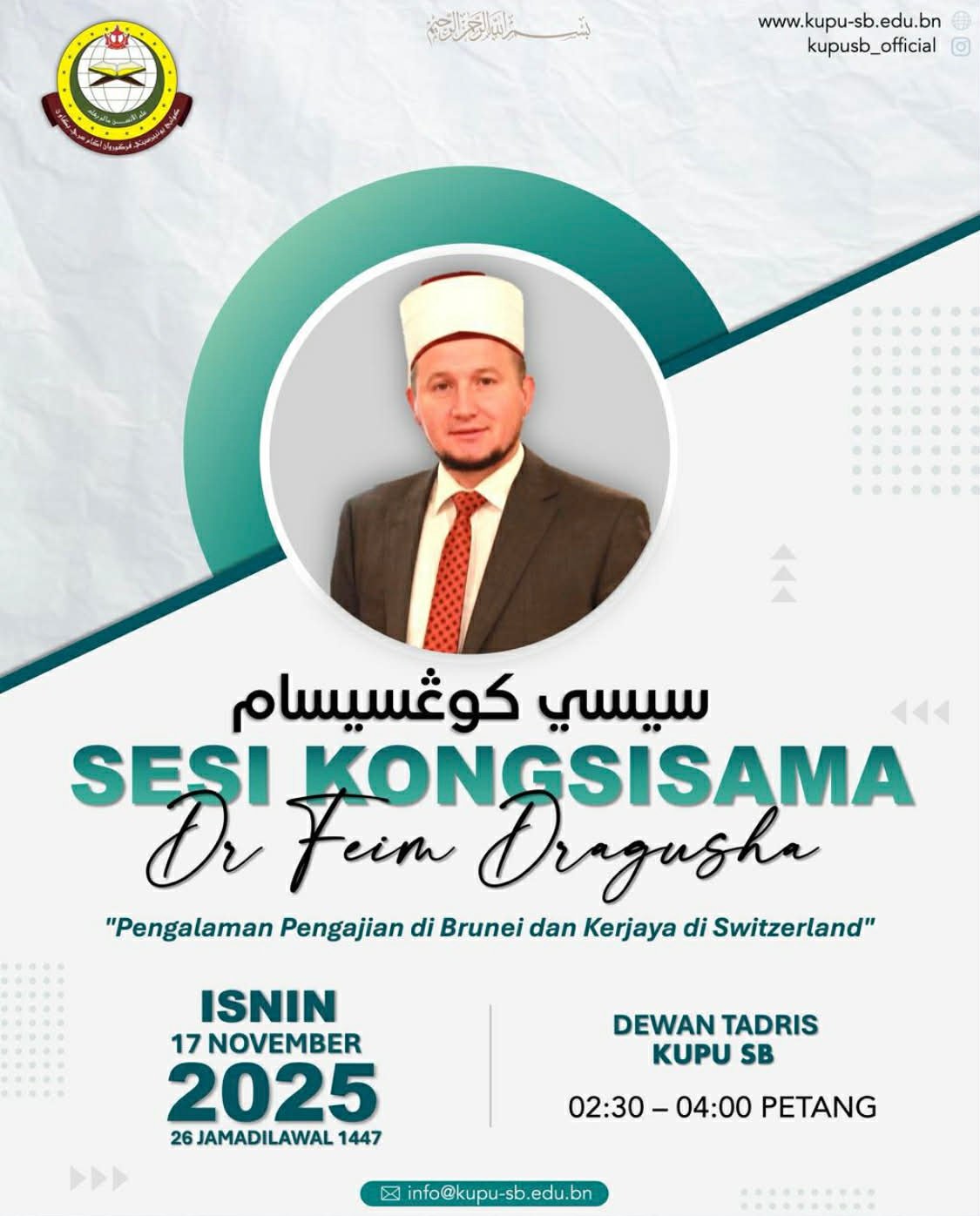
17th of November 2025, I will be giving a talk at “Seri Begawan University College of Religious Education” My focus will be on “Study Experience in Brunei

Darussalam and my Career in Switzerland

“
English
Scholar presents Brunei’s contributions to Kosovo » Borneo Bulletin Online
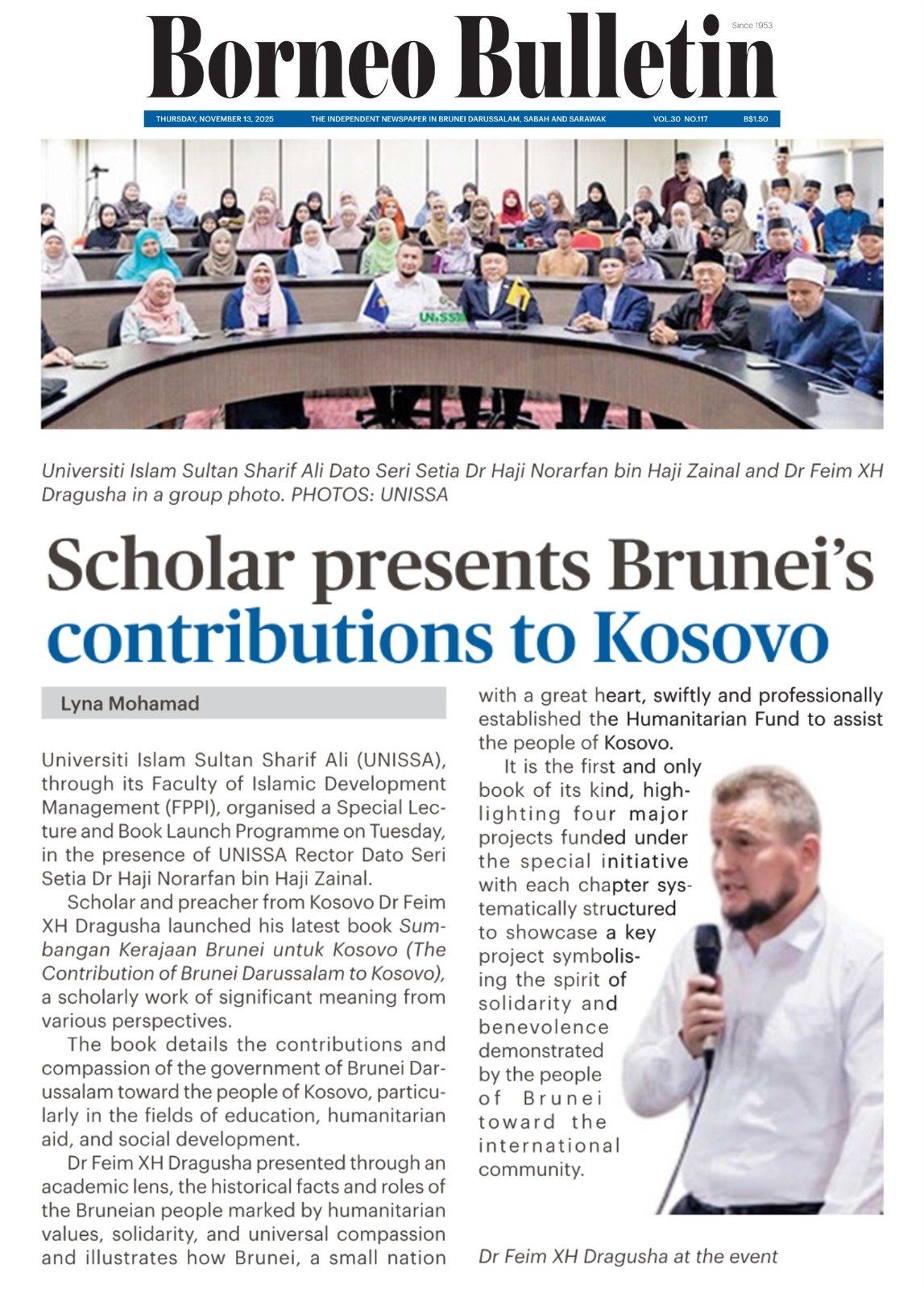
Today, Thursday, November 13, 2025
The Independent Newspaper in Brunei Darussalam, Sabah and Sarawak “Borneo Bulletin” wrote an article titled “Scholar presents Brunei’s contribution to Kosovo”
Universiti Islam Sultan Sharif Ali (UNISSA), through its Faculty of Islamic Development Management (FPPI), organised a Special Lecture and Book Launch Programme on Tuesday, in the presence of UNISSA Rector Dato Seri Setia Dr Haji Norarfan bin Haji Zainal.
Scholar and preacher from Kosovo Dr Feim XH Dragusha launched his latest book Sumbangan Kerajaan Brunei untuk Kosovo (The Contribution of Brunei Darussalam to Kosovo), a scholarly work of significant meaning from various perspectives.
The book details the contributions and compassion of the government of Brunei Darussalam toward the people of Kosovo, particularly in the fields of education, humanitarian aid, and social development.
Dr Feim XH Dragusha presented through an academic lens, the historical facts and roles of the Bruneian people marked by humanitarian values, solidarity, and universal compassion and illustrates how Brunei, a small nation with a great heart, swiftly and professionally established the Humanitarian Fund to assist the people of Kosovo.
It is the first and only book of its kind, highlighting four major projects funded under the special initiative with each chapter systematically structured to showcase a key project symbolizing the spirit of solidarity and benevolence demonstrated by the people of Brunei toward the international community. – Lyna Mohamad
Source:
https://borneobulletin.com.bn/scholar-presents-bruneis-contributions-to-kosovo
English
Book launching at UNISSA
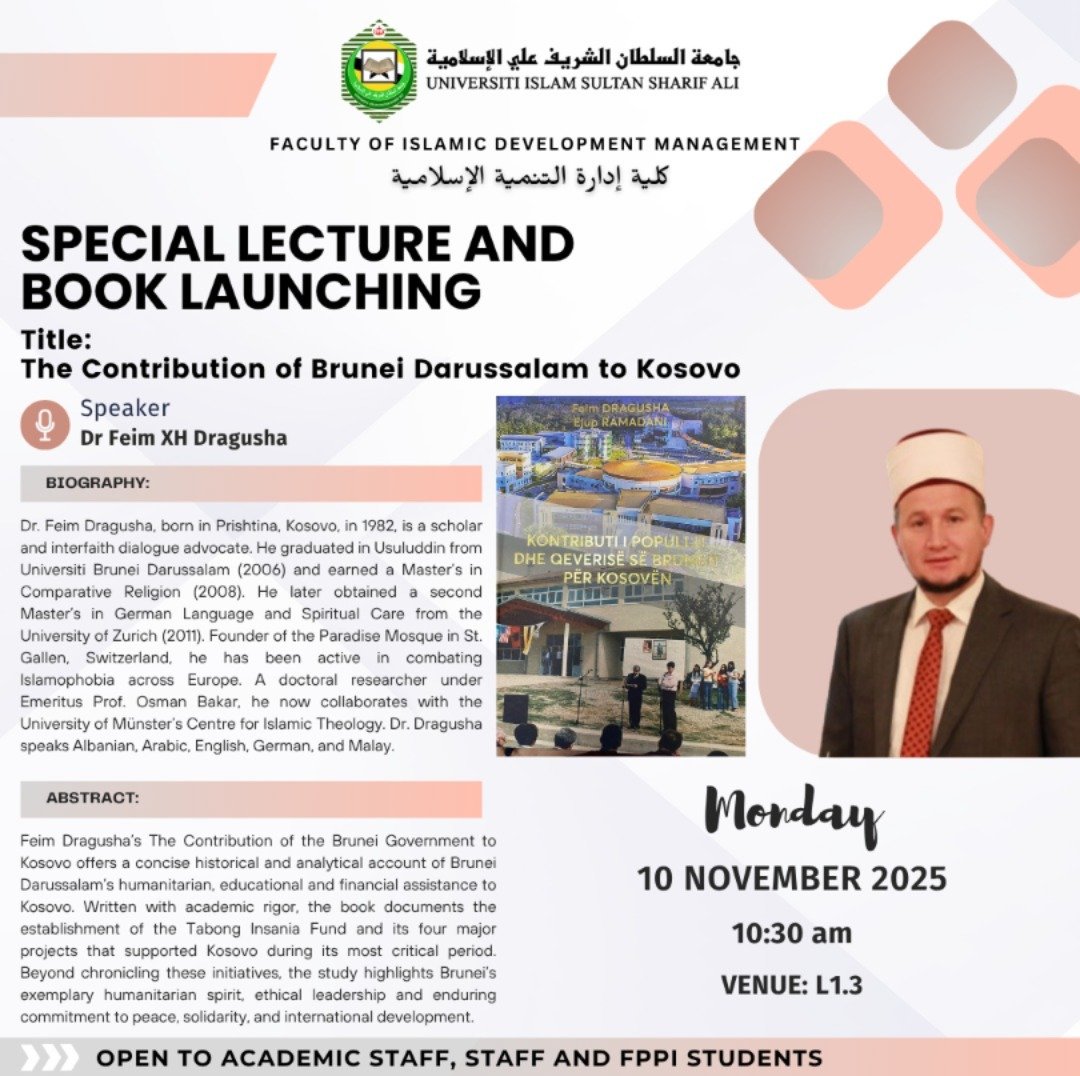
SPECIAL LECTURE BY DR. FEIM DRAGUSHA AND BOOK LAUNCHING AT SULTAN SHARIF ALI ISLAMIC UNIVERSITY – BRUNEI ![]() DARUSSALAM
DARUSSALAM
10.11.2025
Faculty of Islamic Development Management
Respected Dato Seria Setia Dr Haji Norarfan bin Haji Zainal – Rector of UNISSA
Distinguished Professors, students, guests, ladies and gentlemen
Assalamu Alaikum – May peace and blessing be upon you all.
It is my great pleasure to welcome you all to this meaningful occasion – the launch of a book „The Contribution of Brunei Darussalam to Kosovo“ that celebrates the spirit of friendship, compassion, and shared humanity between Brunei Darussalam and the Republic of Kosovo ![]() .
.
This book is not just a record of events; it is a testimony to the noble values of generosity and solidarity that transcend geography, language, and culture.
It tells the story of how Brunei’s kindness, through study scholarships and humanitarian assistance, has touched lives and built bridges of understanding across continents.
As an author of this book, and someone who himself was a recipient of His Majesty’s Government scholarship – I would like to stress that this work stands as both a personal reflection and a collective narrative of all the events discussed therein.
Alongside ten fellow scholars from Kosovo, I stand here as a spokesperson for a generation that has benefited immensely from Brunei’s investment in education and human development.
Today, these graduates serve as educators, religious functionaries and community leaders in Kosovo, Switzerland, Norway, Australia, Finland, and beyond – embodying the long – lasting impact of Brunei’s vision of empowering others through knowledge and faith.
The book is divided into 7 chapters, provides and in-depth look at various forms of aid extended by Brunei to Kosovo.
From academic opportunities that transformed individual lives, to humanitarian efforts that provided hope in difficult time, each chapter captures a unique dimension of this enduring partnership, such as the restauration of the old mosque in Deçan, the building of a new school in Likoc, because schools are generally centers of learning but they are recognized to play an important role in nurturing and guiding the future players of a nation.
The recent state visit of Her Excellency Vjosa Osmani – Sadriu, President of the Republic of Kosovo to Brunei Darussalam serves as a powerful affirmation of this friendship. Her visit symbolized a deep appreciation for Brunei’s support and a shared commitment to strengthening diplomatic, cultural, and academic ties.
During her visit in this country, Her Excellency expressed admiration for Brunei’s values of compassion and leadership rooted in faith, qualities that have resonated profoundly with the people of Kosovo.
The visit also opened new avenues for cooperation in education, economy, and culture – further solidifying a relationship built on mutual trust and respect.
Beyond its documentation of the past, my book carries a message for the future. It invites us to sustain and expand these connections – academically, diplomatically, and brotherly – so that new generations in both nations can continue to learn from and support one another. It is a call to action for scholars, diplomats, and citizens alike to transform goodwill into enduring collaboration.
In conclusion, this publication is more than a historical record – it is a living symbol of friendship. May it inspire further initiatives between Brunei Darussalam and Kosovo, and may the shared journey of compassion and cooperation continue to illuminate the path for others to follow.
In the end, I would like to thank the Rector of UNISSA, Dato Seria Setia Dr Haji Norarfan bin Haji Zainal for organizing this great event, to launch my book and for taking the initiative to publish it in Brunei Darussalam as well.
![]() Feim Dragusha
Feim Dragusha
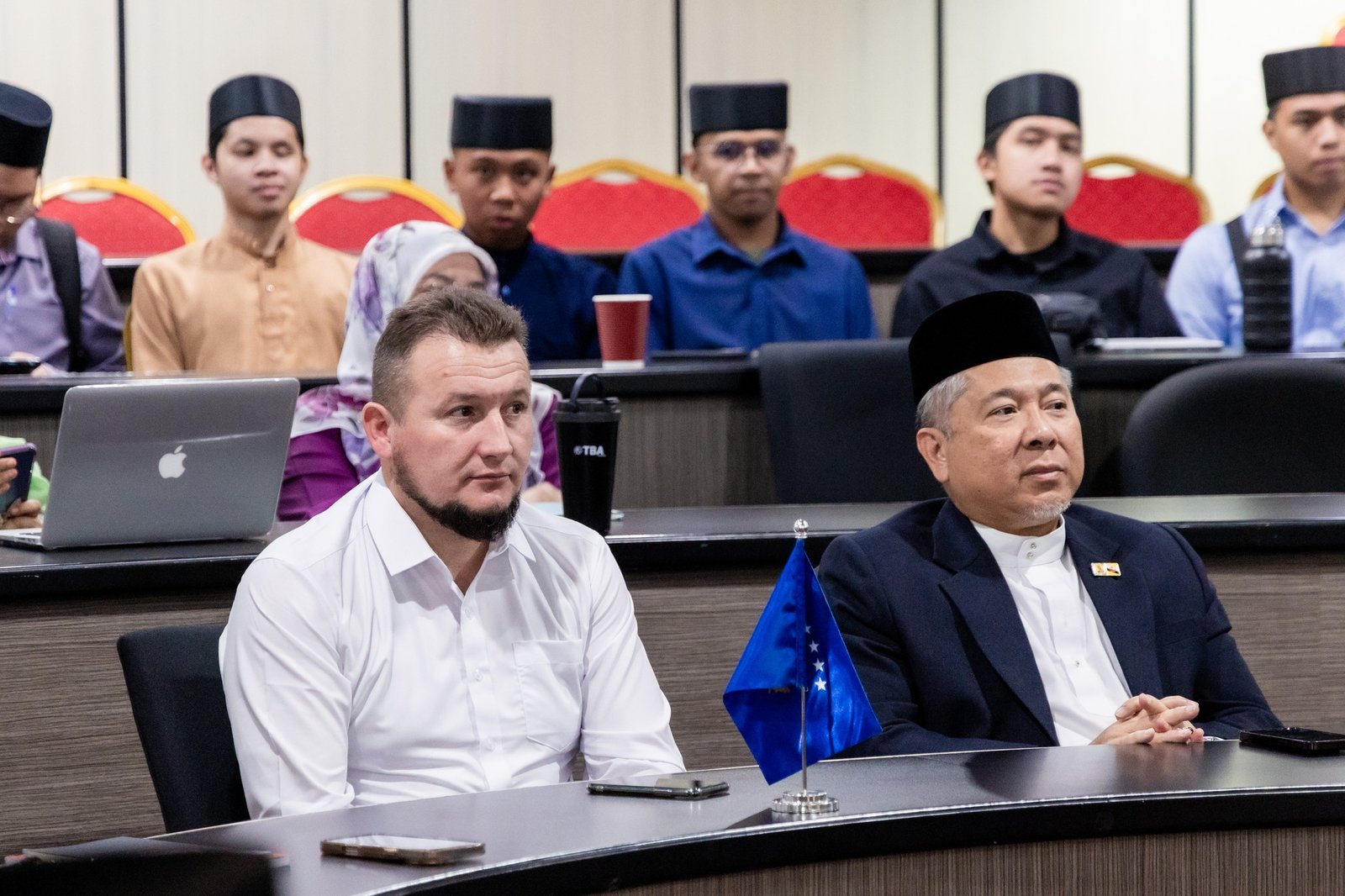
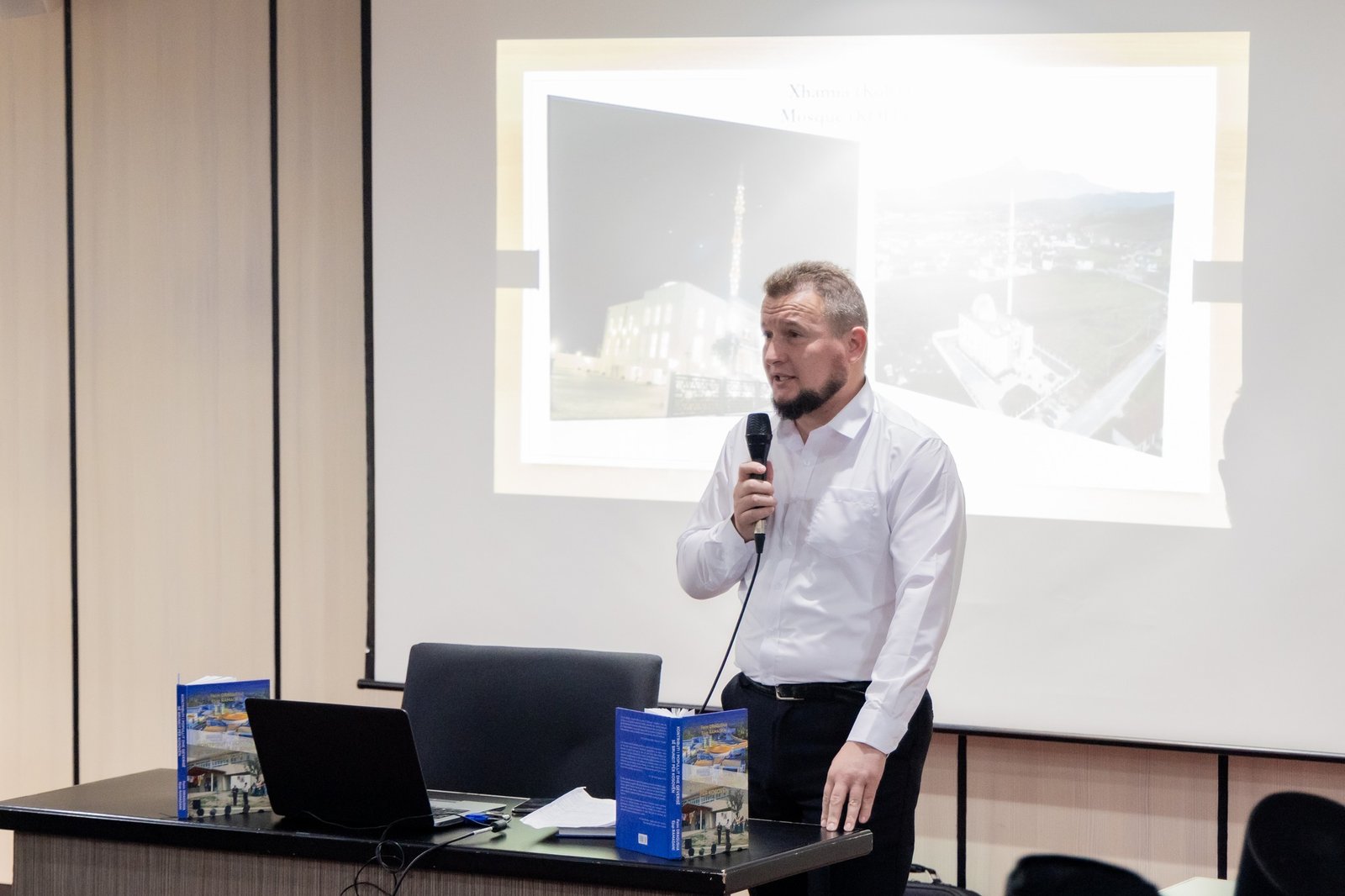
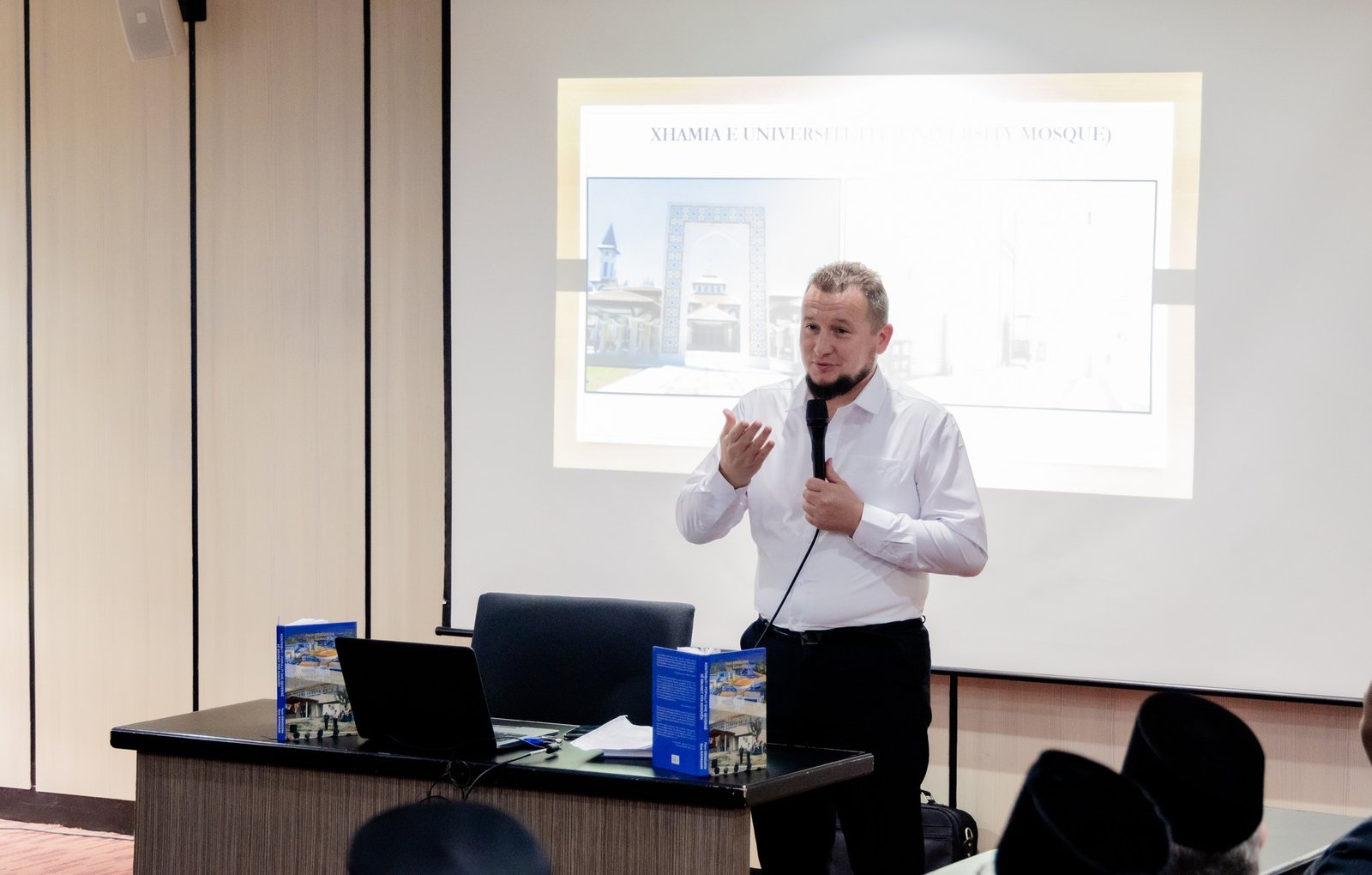
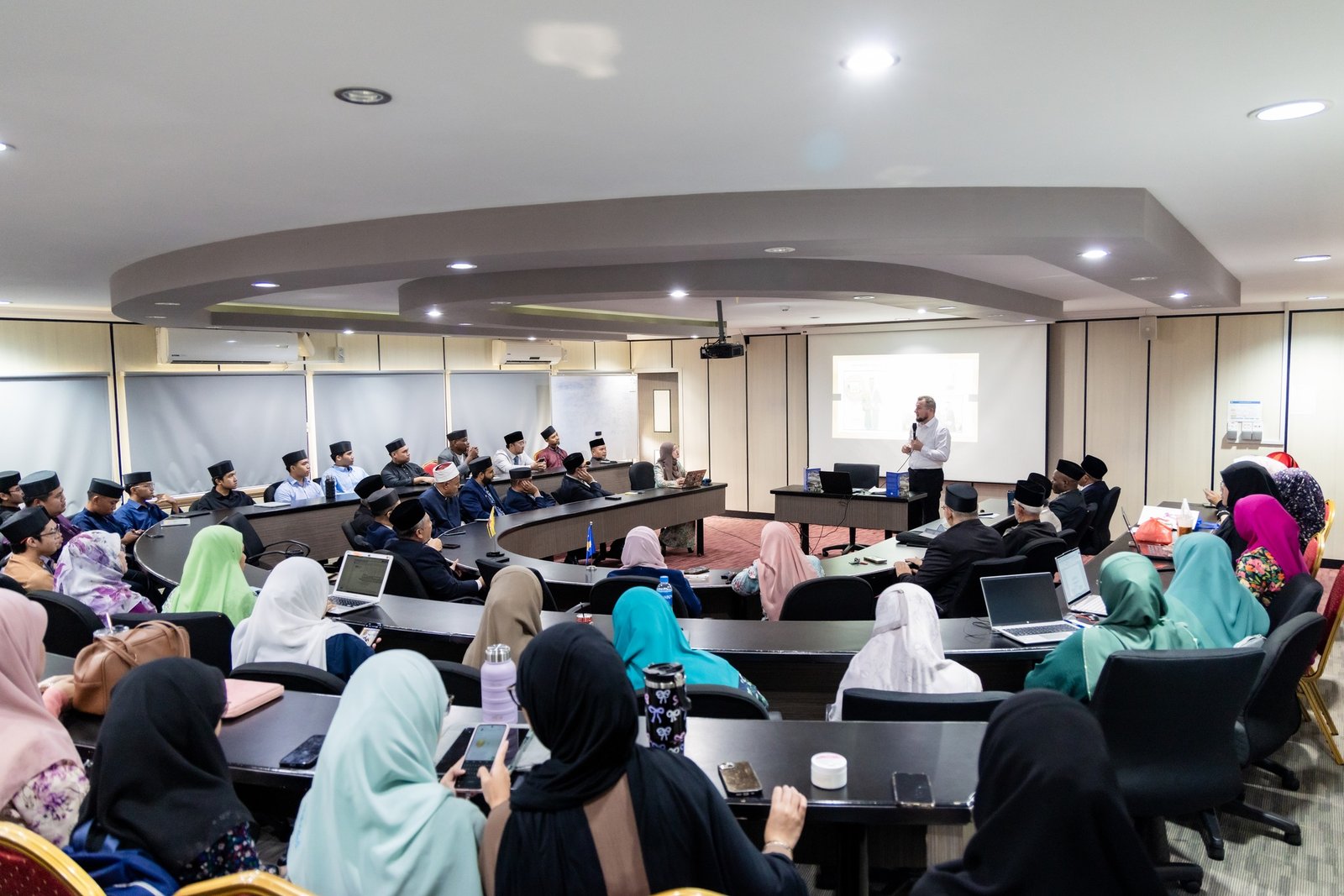
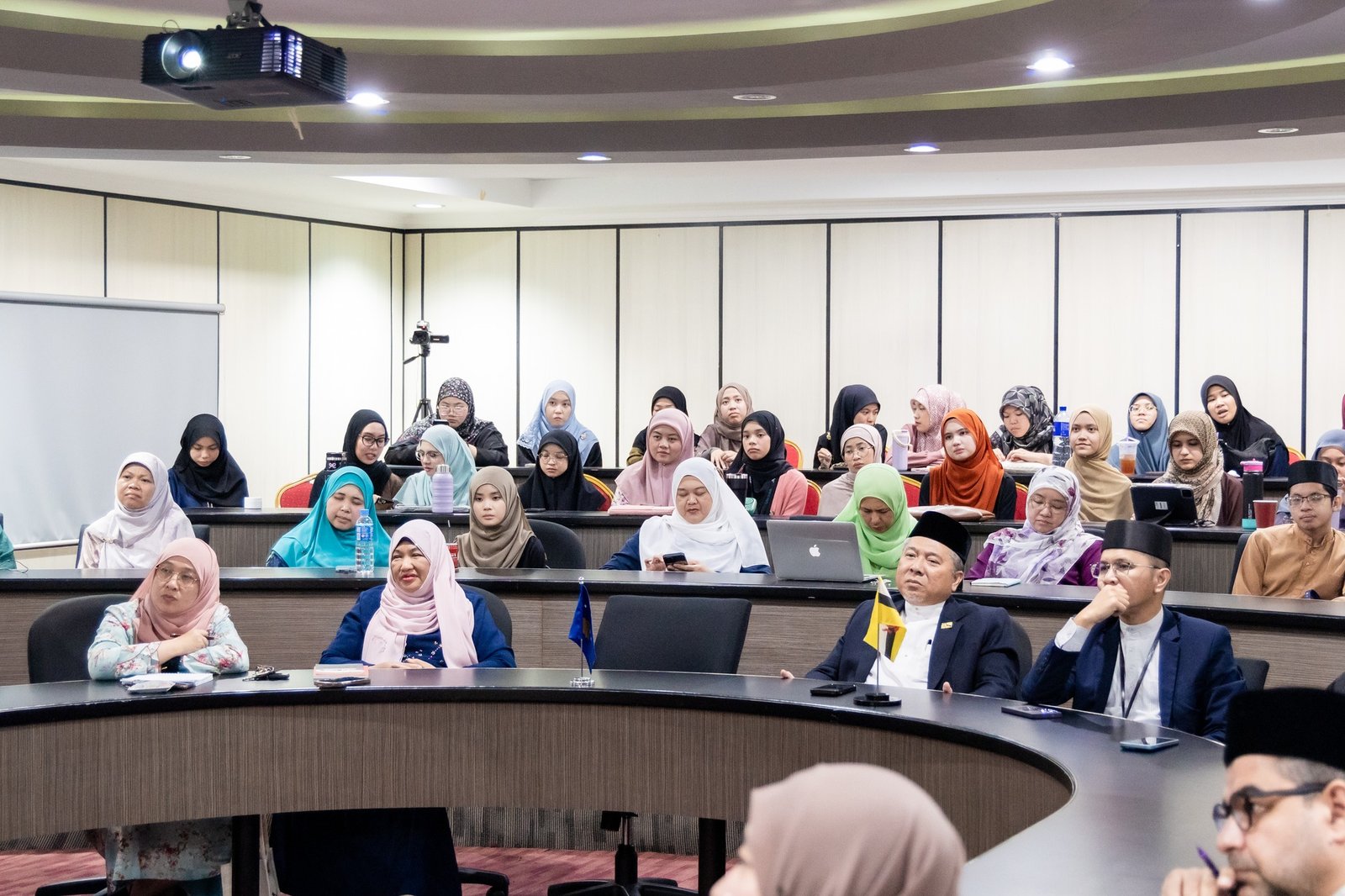
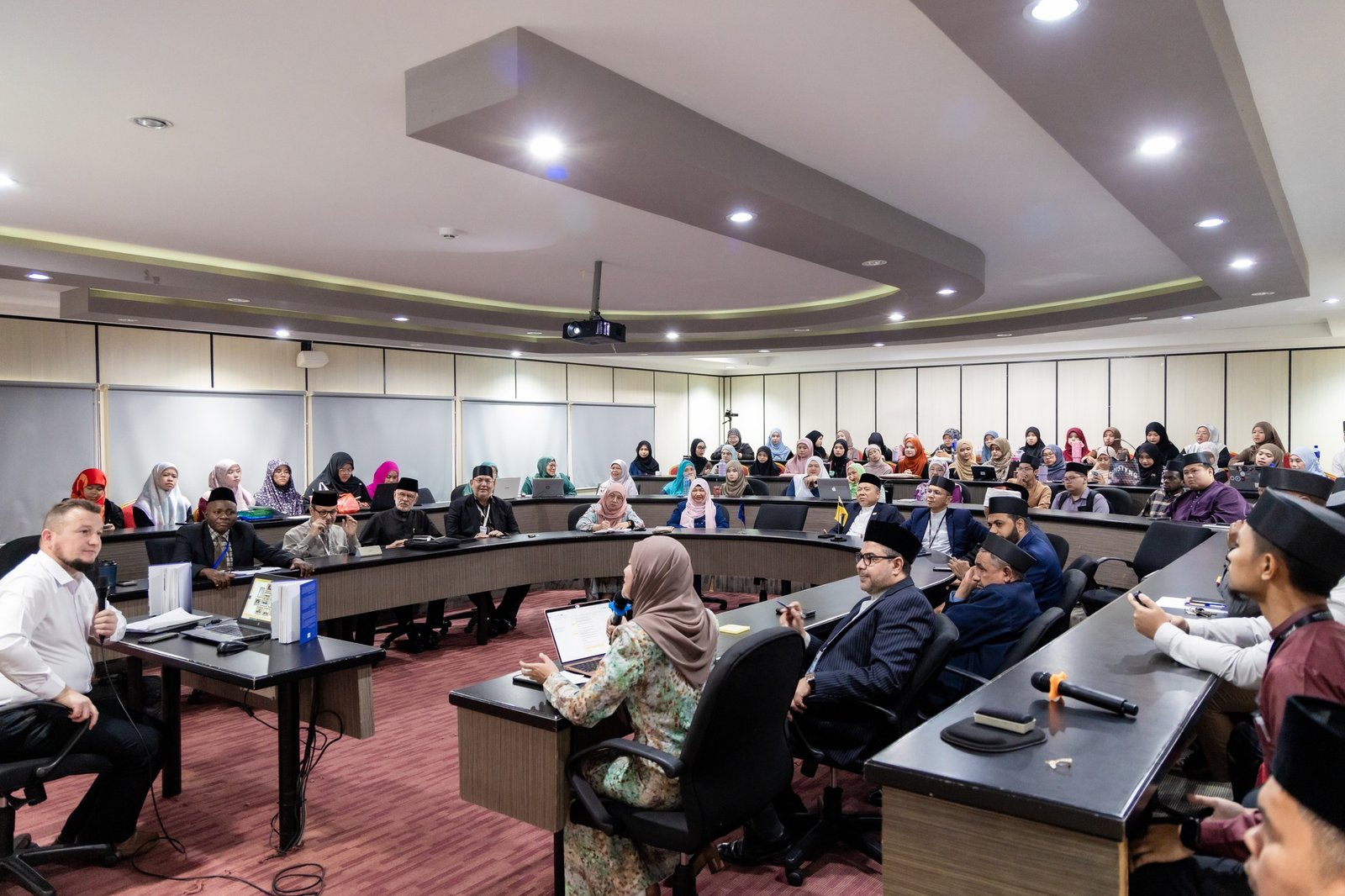
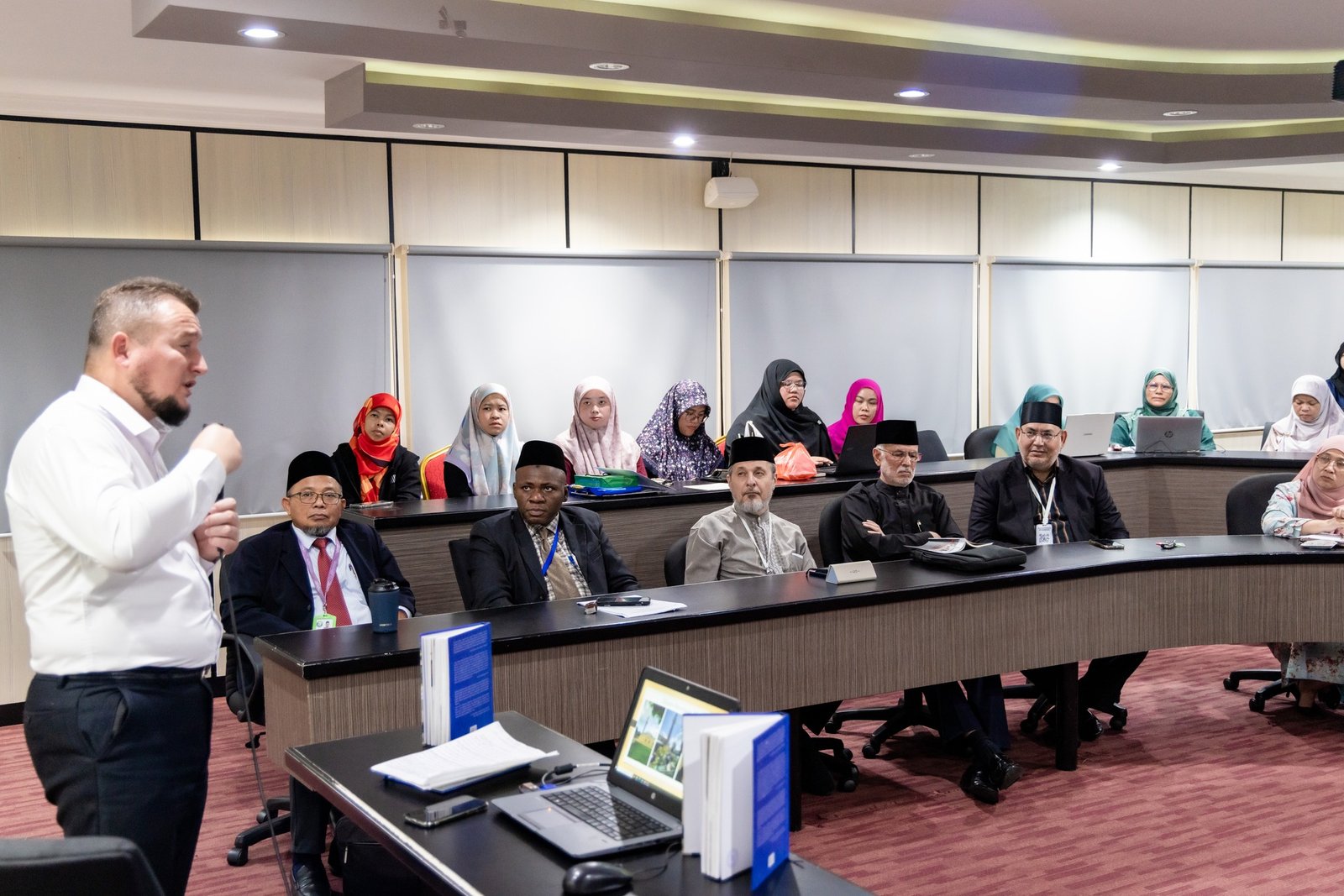
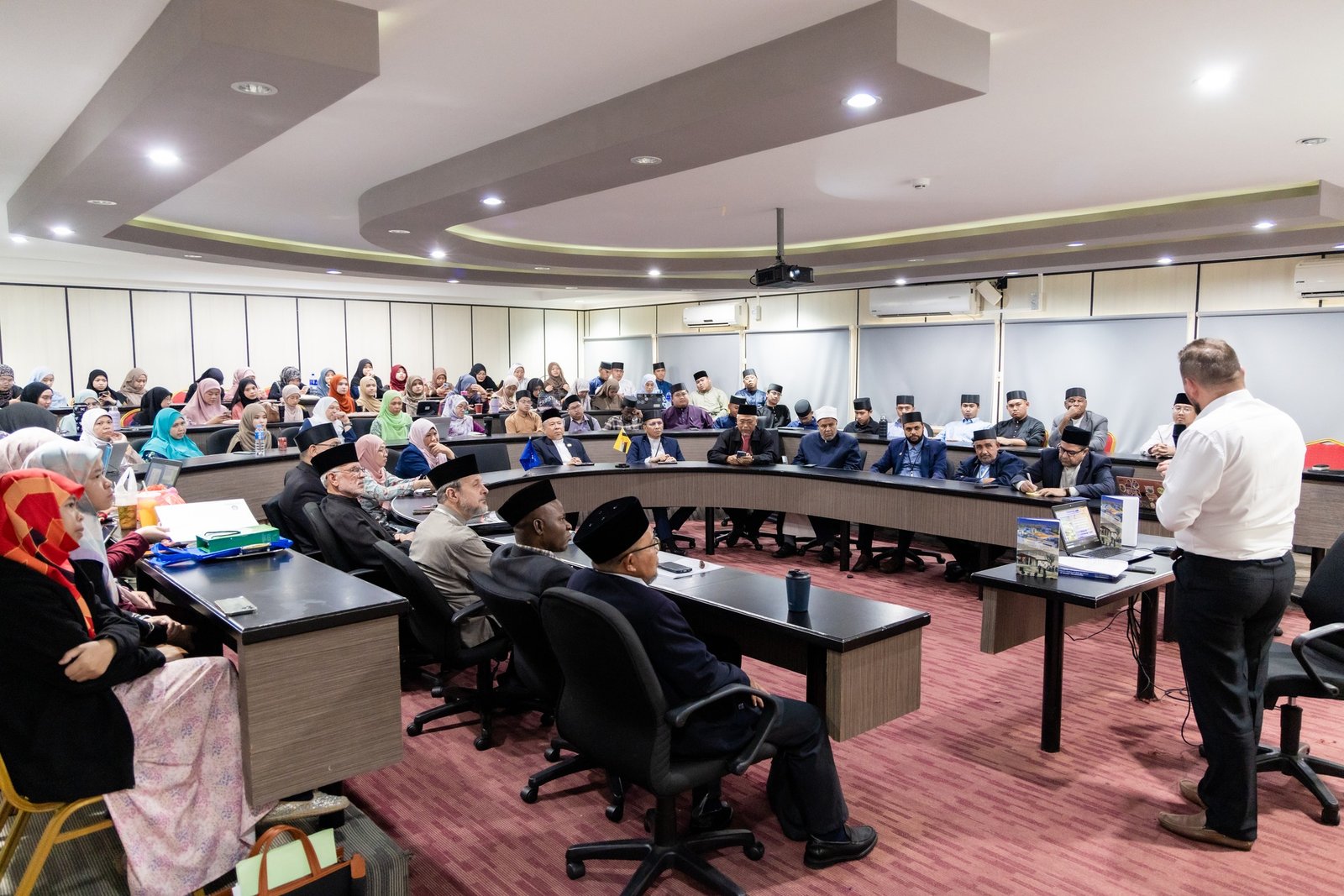
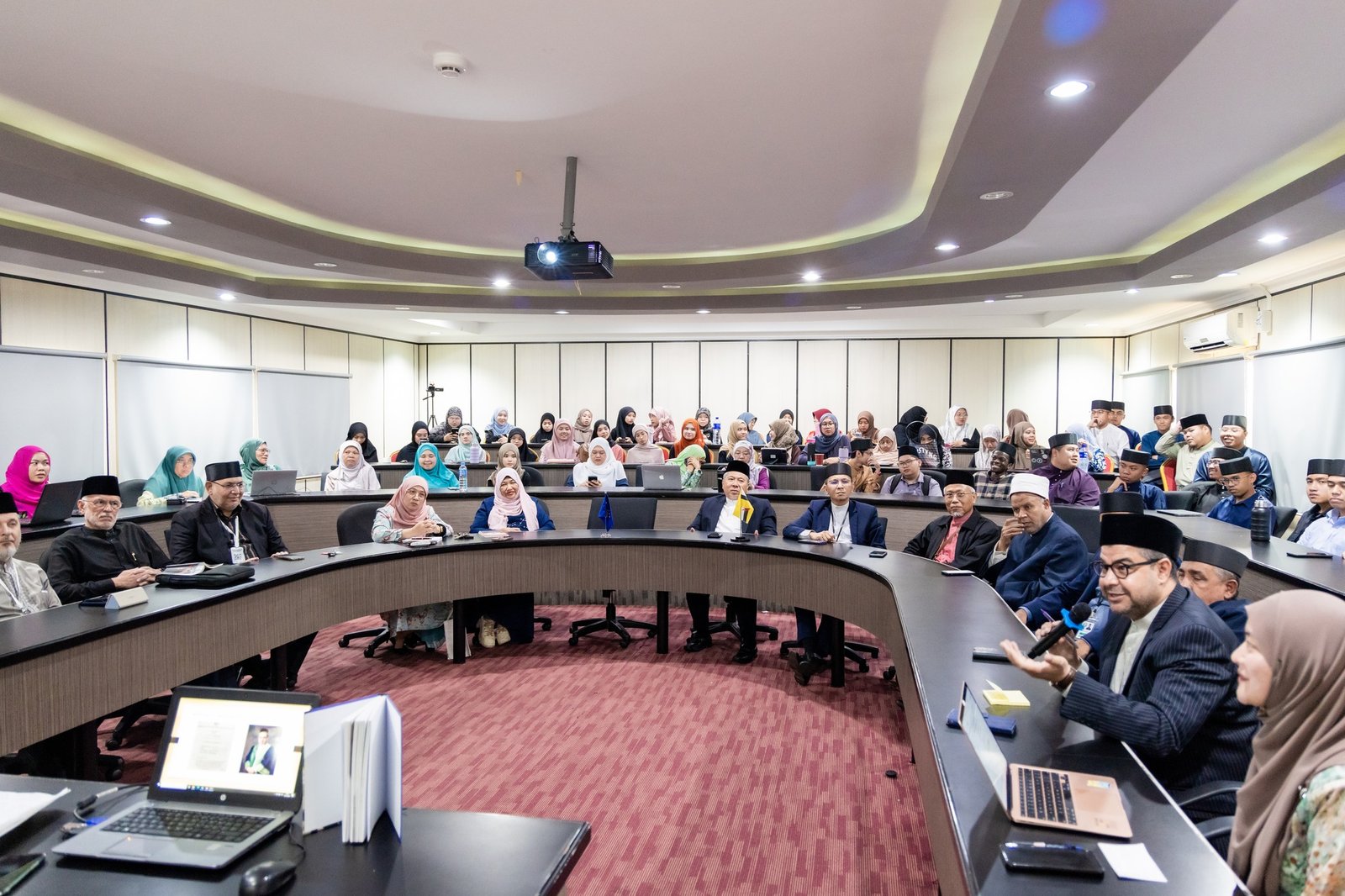
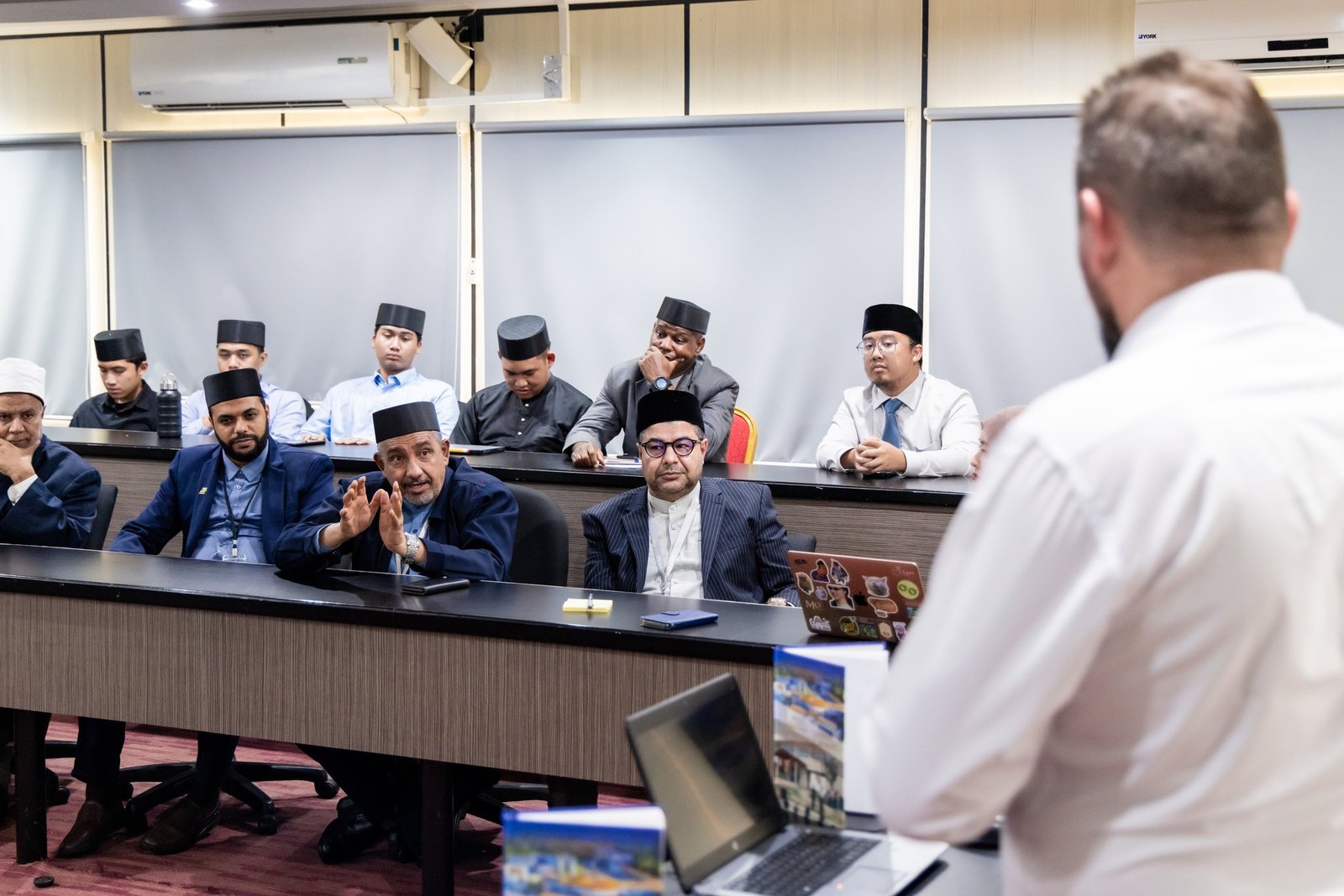
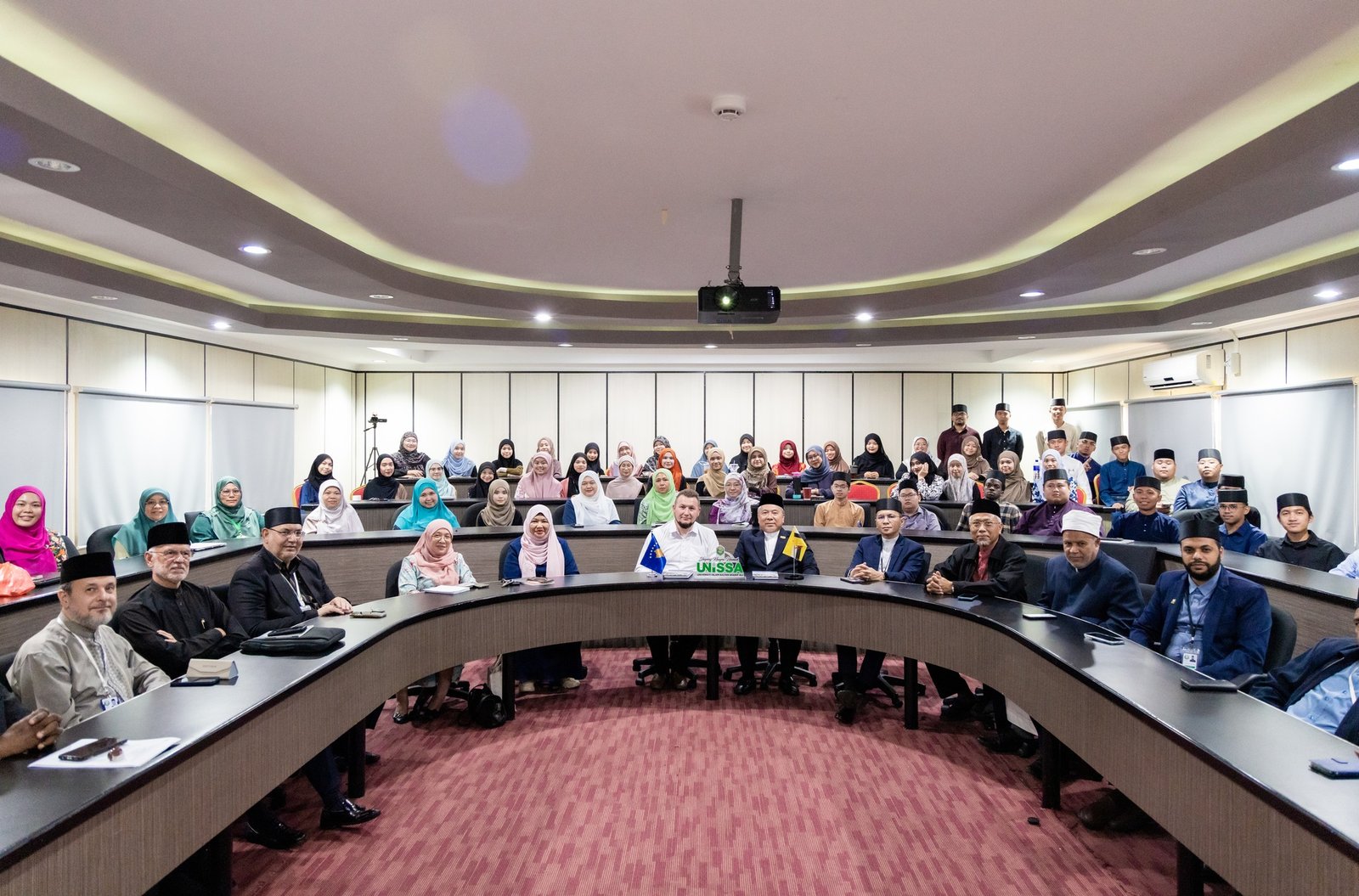
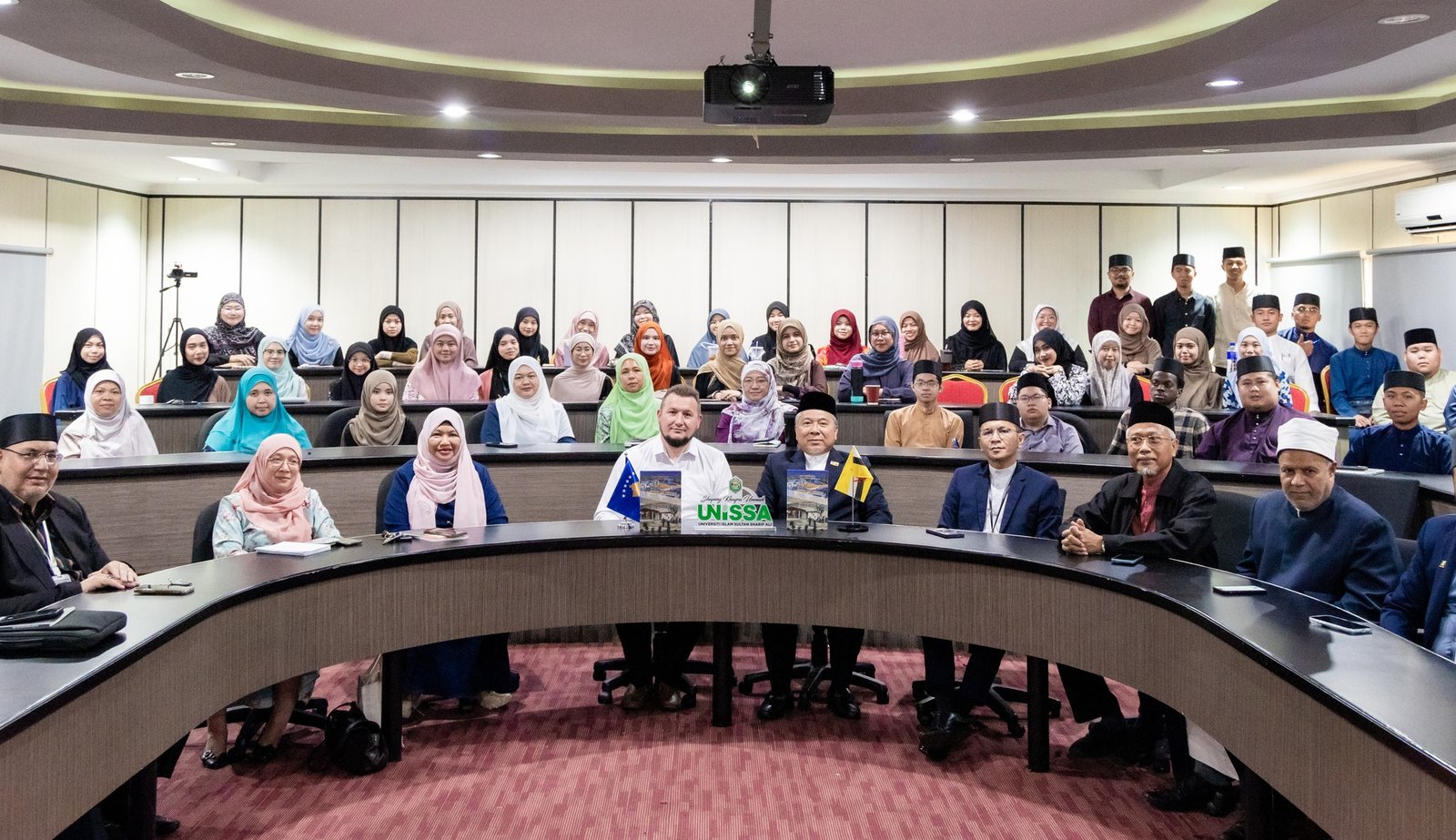
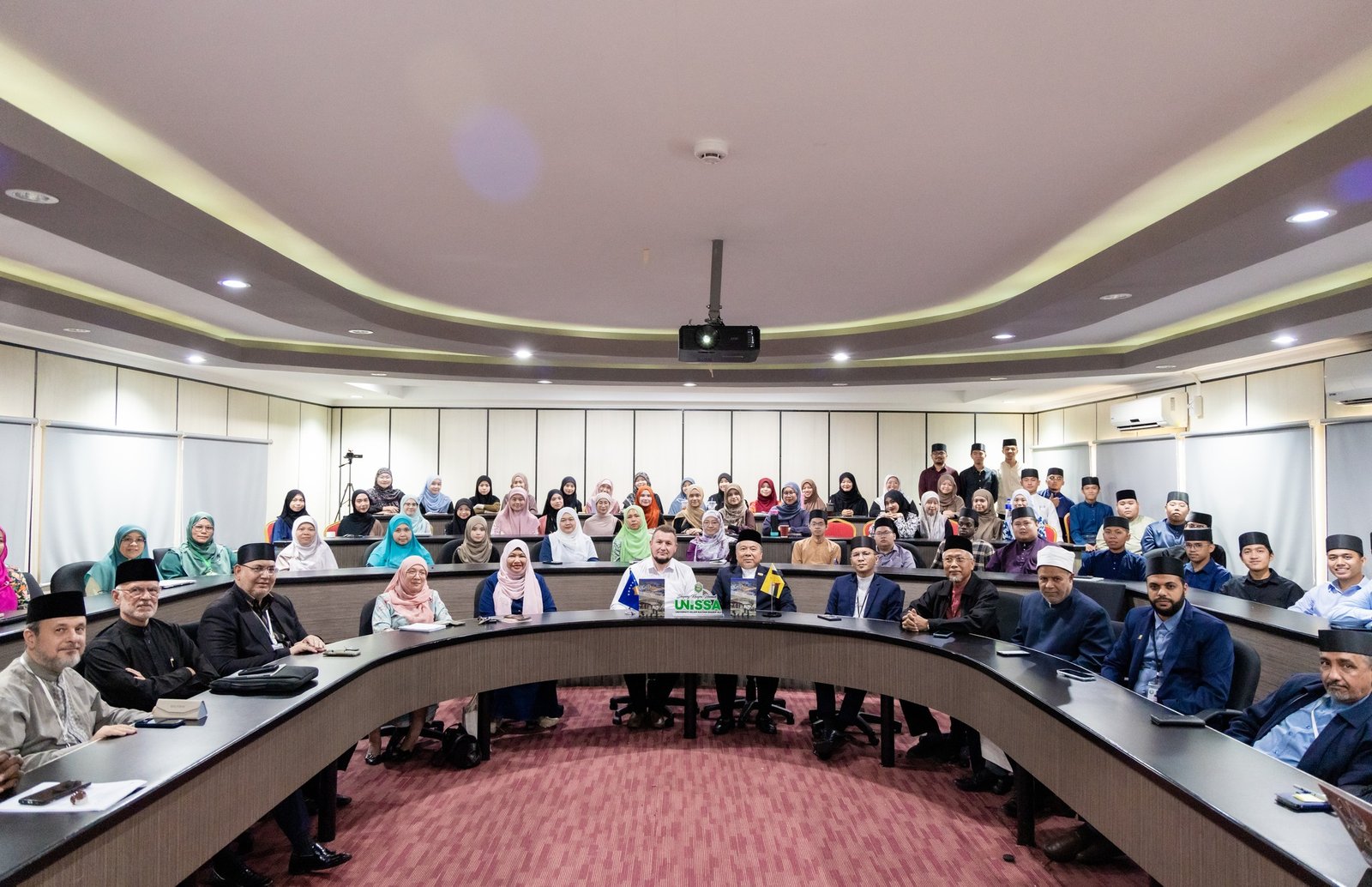
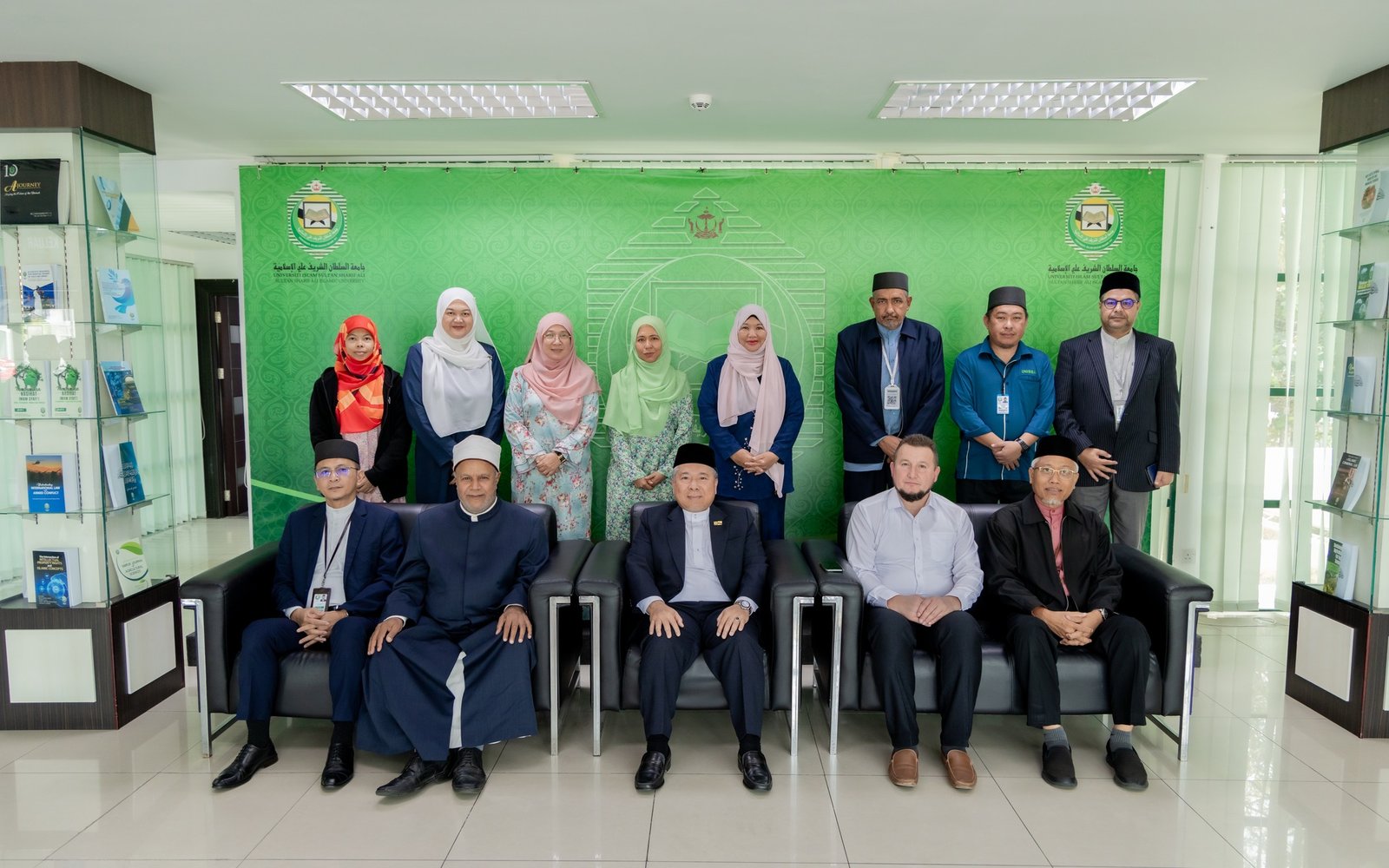
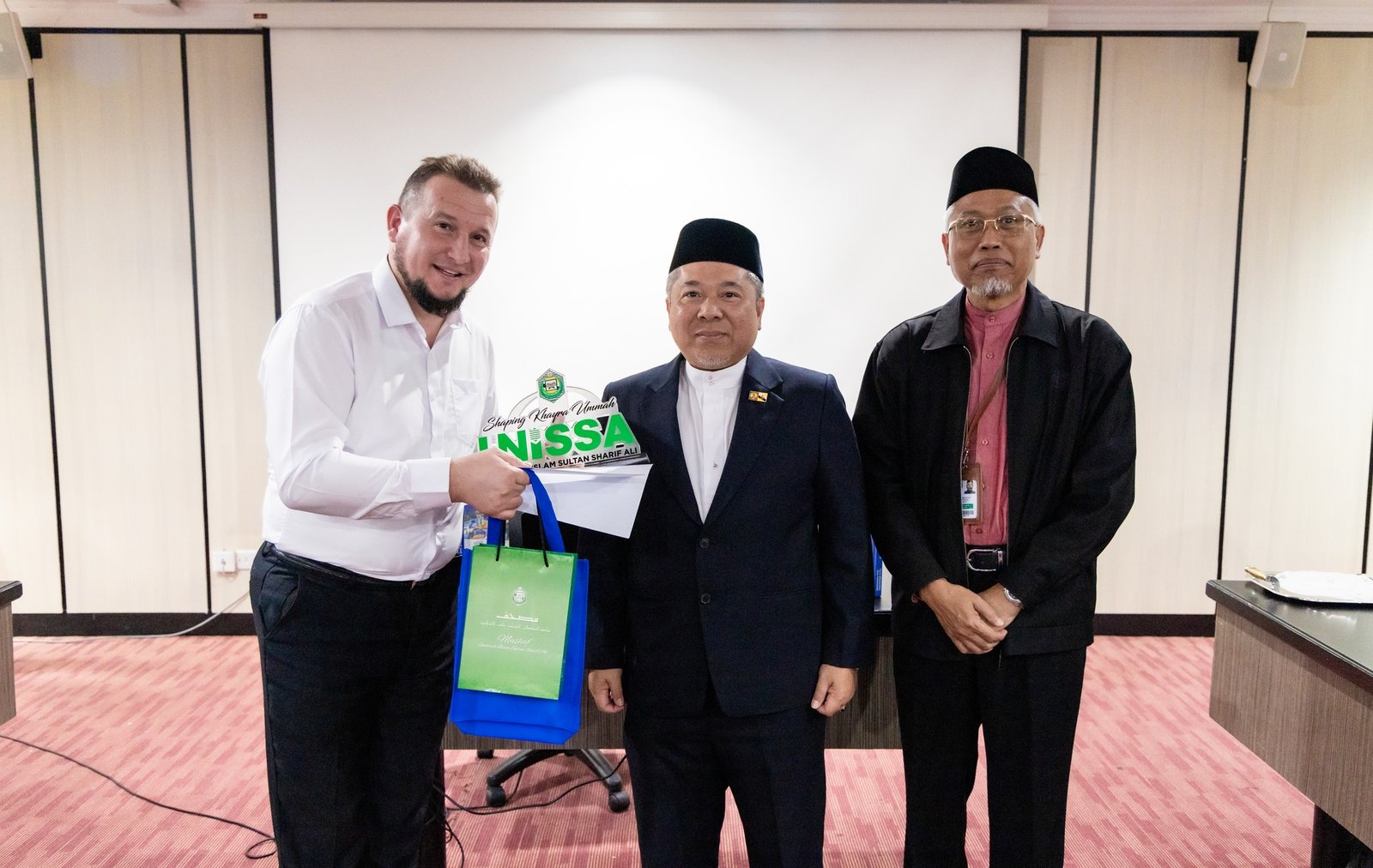
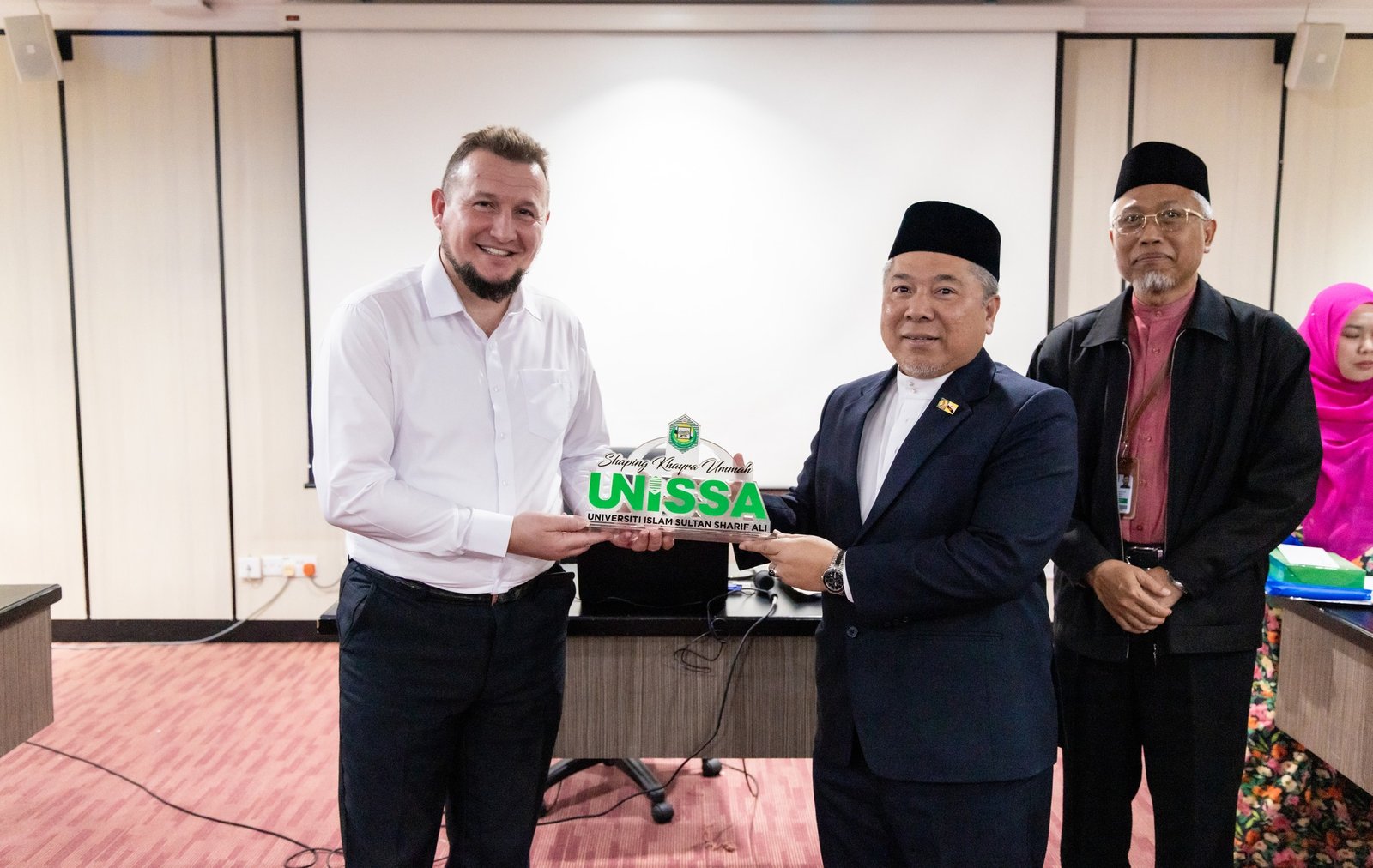
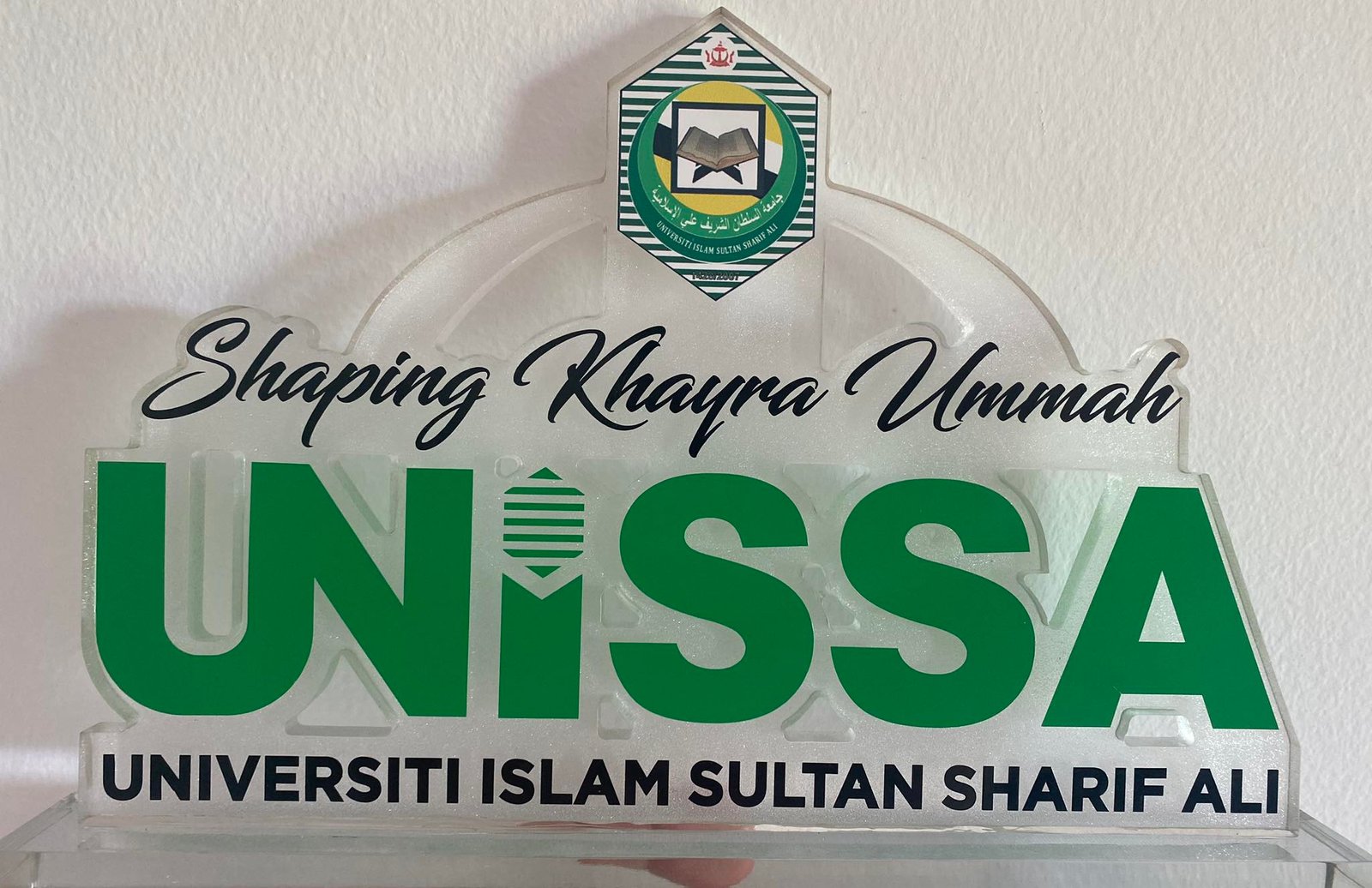
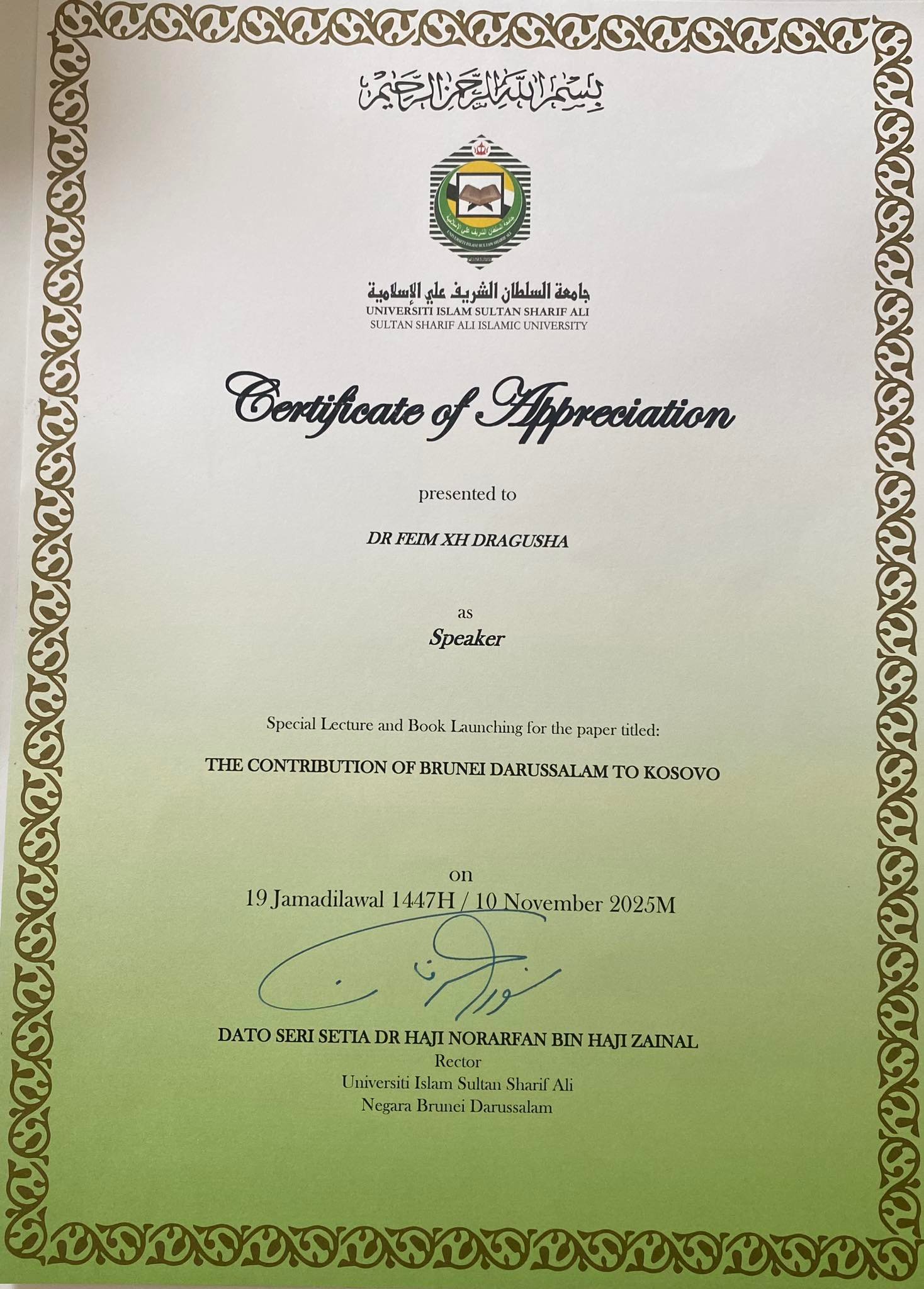
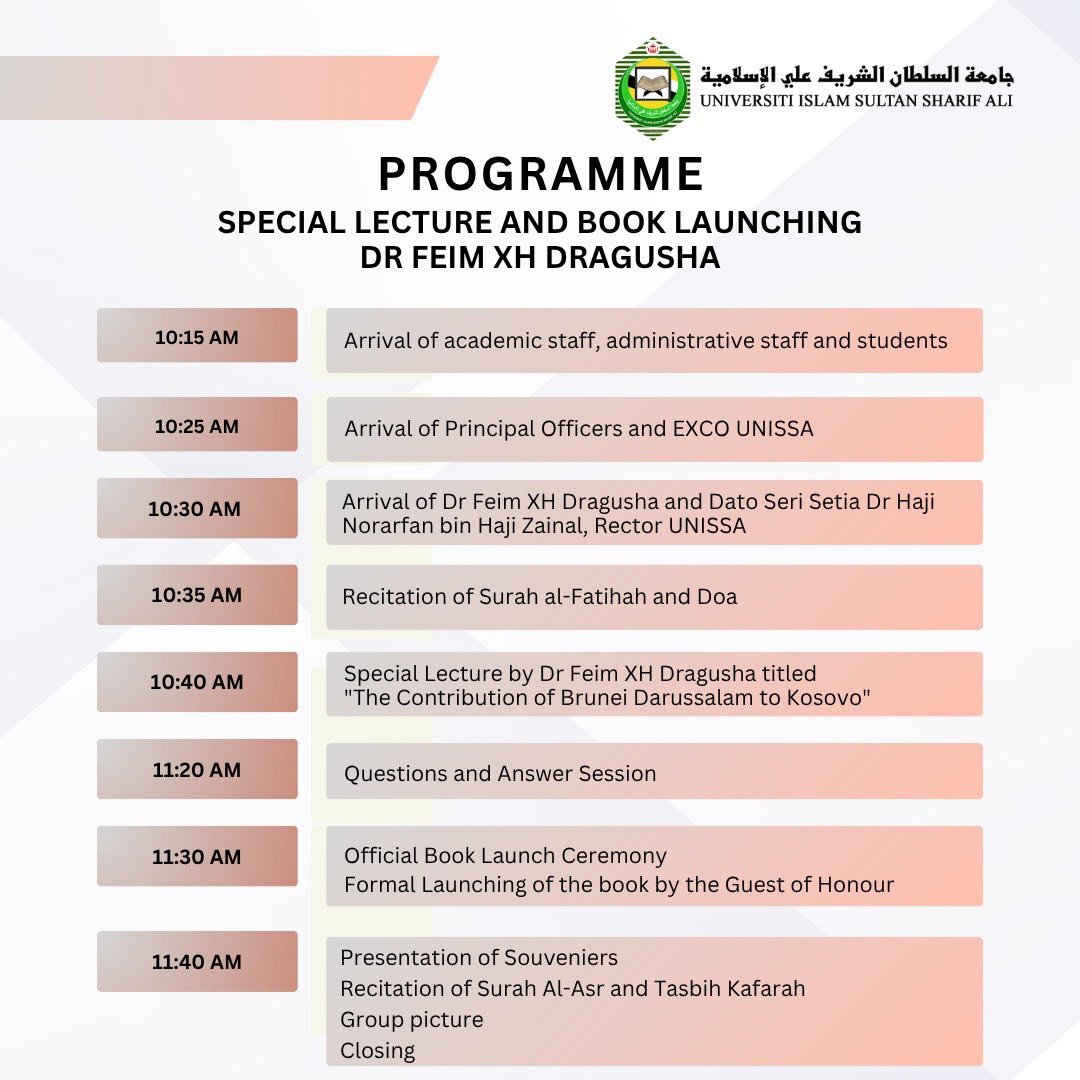


 Shqip3 years ago
Shqip3 years agoVizitë në Xhaminë “Khuder- El-Khodr” Moschee مسجد الخضر

 English3 years ago
English3 years agoHistoriku i Dragushëve të Bërnices

 Deutsch3 years ago
Deutsch3 years agoPRÄSENTATION ÜBER DIE MOSCHEE UND DEN ISLAM FÜR DIE STUDIERENDEN DER PÄDAGOGISCHEN HOCHSCHULE ST.GALLEN- 25.11.2016

 English3 months ago
English3 months agoBook launching at UNISSA

 Deutsch3 years ago
Deutsch3 years agoDER VORTRAG DES IMAMS ZUM ABENDLICHEN FASTENBRECHEN -17. Mai 2019

 Shqip2 years ago
Shqip2 years agoFSHATI DRAGUSHË NË LEZHË TË SHQIPËRISË

 Deutsch3 years ago
Deutsch3 years agoSTATT GEKEGELT WIRD GEBETET ST.GALLEN 26.11.2013

 Shqip3 years ago
Shqip3 years agoPromovimi i librit “Historiku i Dragushëve të Bërnices 1879-2020”


